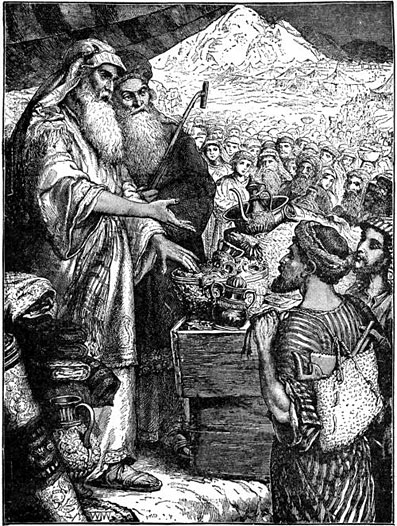Sep
6
2010
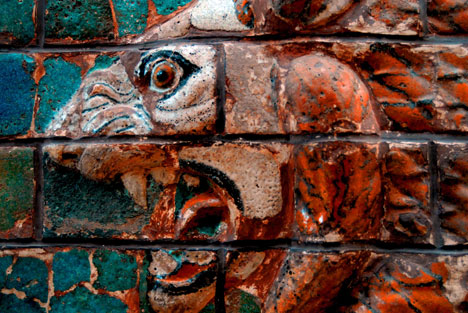
The Restoration era Scriptures are the most misunderstood texts in the Bible. Our failure to recognise their recapitulation of patterns from the Torah — and the fact that they are not presented in chronological order but by genre — makes it hard for us to put the pieces together. [1] Very often, we miss great ironies because we don’t get the joke.
Continue reading
1 comment | tags: Covenant Theology, Daniel, Ezekiel, Jeremiah, Joke, Nebuchadnezzar, Zedekiah | posted in Biblical Theology, The Restoration Era
Oct
26
2009
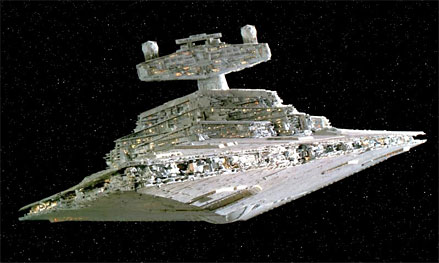
Daniel was taken to Babylon before the destruction of Jerusalem. As the ruler over the king’s advisors, it is highly likely he was involved in the razing of Jerusalem.
The Lord sent Joseph into Egypt as a forerunner, established his house and integrated the old house of Jacob into it. Pharaoh was converted under the ministry of Joseph, humbled himself before Jacob and requested a blessing.
The Lord did the same thing with Daniel. A new house was being established in Babylon before the final demolition of the old Temple. Daniel ascended as “firstfruits”. He stood on the mountain of God as Abraham, as Moses. At the right hand of the power he would bring the curses of the Law raining down upon the Covenant breakers. As Abraham bargained with God, perhaps the mercy shown to Judah’s poor was the work of Daniel.
Continue reading
Comments Off | tags: Babylon, Bible Matrix, Cyrus, Daniel, Esther, Ezekiel, Haggai, Haman, Joshua, Mordecai, Nebuchadnezzar, Zerubbabel | posted in Biblical Theology, The Restoration Era
Oct
19
2009
More Thoughts on Prophetic Cauldrons
“Out of the frying pan into the fire.”
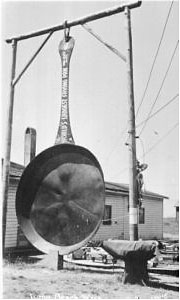 The structure of Ezekiel follows the “soundwaves” pattern found in a great deal of the Bible, particularly the prophets. The Lord speaks His word as liturgy from the Most Holy Place, it is pre-enacted by the prophet in a new “Holy Place” (from outside the city – see Rags to Robes) in some terrifying judgments as object lessons (see Liturgy as Prophecy), and then the same judgments are played out in greater detail in the “Outer Court.” All three sections are heptamerous, and in these three areas we have Word, Sacrament (the prophet as a kind of new “acting” High Priestly mediator – see How to Read the Prophets), and Government.
The structure of Ezekiel follows the “soundwaves” pattern found in a great deal of the Bible, particularly the prophets. The Lord speaks His word as liturgy from the Most Holy Place, it is pre-enacted by the prophet in a new “Holy Place” (from outside the city – see Rags to Robes) in some terrifying judgments as object lessons (see Liturgy as Prophecy), and then the same judgments are played out in greater detail in the “Outer Court.” All three sections are heptamerous, and in these three areas we have Word, Sacrament (the prophet as a kind of new “acting” High Priestly mediator – see How to Read the Prophets), and Government.
The book of Ezekiel begins with this pattern, so we have the prophetic cauldron turn up three times. Each cycle takes us through the Tabernacle speeches (Exodus 25-31) which follow the Creation Week, so this is a process of new Creation for the anointing of Ezekiel and of de-Creation for the old Tabernacle of Solomon’s Temple. It was decayed and ready to vanish away.
Continue reading
Comments Off | tags: Babylon, Daniel, Ezekiel, Luke, Nebuchadnezzar | posted in Biblical Theology, The Last Days, The Restoration Era
Jul
21
2009
or Cutting Off the Generations of the Wicked
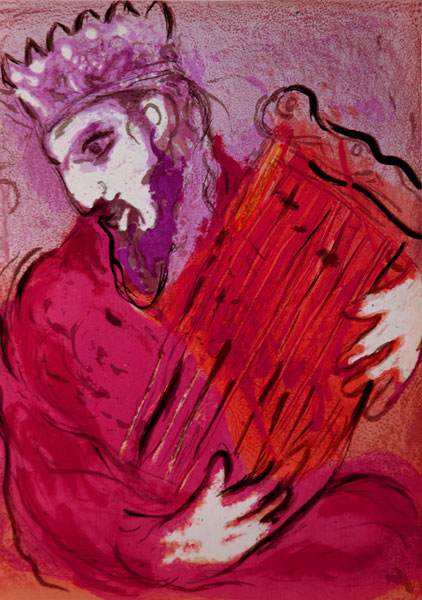
O daughter of Babylon, who are to be destroyed, Happy the one who repays you as you have served us! Happy the one who takes and dashes your little ones against the rock!
(Psalm 137:8-9)
A further comment on Psalm 137 (following Church and State and Liturgy as Prophecy):
The church has the power to excommunicate, but the state alone has the power to execute. In Joshua’s and David’s time, church and state were one, thus Israel’s army slaughtered God’s enemies judicially. In Mordecai’s time, the slaughter of Haman’s followers by the Jews occurred only after church and state became one under Mordecai’s new executive power.
You must be logged in to see the rest of this post.
Join now for a year for $15!
As an advisor to the state, the church gives the word, and offers the sacraments, but it is always the state that carries out the judgment — government. The state is the “outer court” into which the living sword-water flows. Some taste life and others taste death. [1]
Continue reading
Comments Off | tags: AD70, Babylon, Joshua, Mordecai, Nebuchadnezzar, Psalms, Zedekiah | posted in Biblical Theology, The Last Days, The Restoration Era, Totus Christus
Jul
3
2009
“Be meticulous to present yourself for the praise of God as an unashamed workman, cutting the word of truth in a straight line.” (II Timothy 2:15)
Is this verse simply teaching that if we “divide up” the Scriptures correctly, we’ll get an AWANA[1] merit badge from God? Hardly. It is flanked by condemnations of those who fight over the Scriptures to no profit, and those whose vain babblings are gangrenous.
Paul speaks of a soldier and a farmer, and then a productive workman. Paul is concerned about building saints and churches, and they are built by a straight and true cutting of the word. Like most of Paul’s statements, there is a very long, fully-loaded freight train of Old Testament history and typology right behind it, and it’s coming right at you, right now.
Continue reading
Comments Off | tags: Darius, David, Esther, Ezekiel's Temple, Nebuchadnezzar, New Jerusalem, oikoumene, Peter, Peter Leithart, Postmillennialism, Revelation, Solomon, Stigmata, Temple, Totus Christus, Worship | posted in Biblical Theology, Christian Life, The Last Days, The Restoration Era
Apr
10
2009
Counterfeit Kingdom Come
Then the dragon became furious with the woman and went off to make war on the rest of her offspring, on those who keep the commandments of God and hold to the testimony of Jesus. And he stood on the sand of the Sea. Revelation 12:17 [ESV]
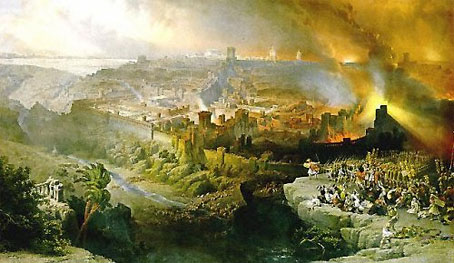
“After a number of years of peace for the Church (Acts 9:31), Wormwood poured out his poisonous waters, false Judaising doctrines, to try and corrupt the woman. God raised up Paul to defeat Satan and the Judaisers, and meanwhile the land (the Circumcision) drank up his false doctrine. Satan has engaged in two tactics: persecution and corruption. These have failed. So now he decides to return to persecution, but this time against the non-Jewish believers, the “rest of her offspring”. He stands on the sands of the sea, addressing the Roman Gentile sea, and raises up the Sea Beast.”1
Continue reading
Comments Off | tags: Amalek, Compromise, Daniel, Haman, James Jordan, Nebuchadnezzar, Paul, Revelation, Satan, Totus Christus | posted in Against Hyperpreterism, Biblical Theology, The Last Days, Totus Christus
Apr
10
2009
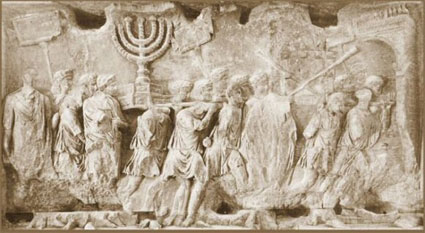
“…repent, and do the works you did at first. If not, I will come to you and remove your lampstand from its place, unless you repent.” (Revelation 2:5)
The Lampstand was the seven eyes of God, the flaming tongues of the Law given at Pentecost. Either we are judges or we are judged. An eye for an eye. Adam failed to judge rightly and Satan became the accuser, thieving Adam’s throne at the right hand of God.
Christ promises a future inspection. As prime mover, He sets things in motion then returns to measure Adam’s work on the next Lord’s day. Then we receive plunder, or He plunders us “like a thief.” If, like Adam/Solomon, we steal from Jesus, He will steal from us like Satan/Nebuchadnezzar (Matthew 13:12).
The warnings to the seven churches prefigure the greater judgments that follow in Revelation – upon the eighth church, Judaism. Jesus did come and remove the Lampstand. He came as Titus.
…”and the light of a lamp will shine in you no more…”
Comments Off | tags: Lampstand, Nebuchadnezzar, Revelation | posted in Biblical Theology, Christian Life
Apr
10
2009
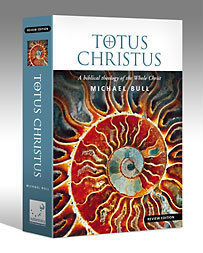 Nebuchadnezzar fought hard against historical Tyre, but was not able to plunder it. Was Ezekiel wrong? Or does Ezekiel’s prediction of Tyre’s total destruction support the identification of the subject of this prophesy as Judah? It was Judah whose (bronze) pillars were brought down and her foundations made a bare rock. The Lord would instead pay his faithful Babylonian “servant” with the riches of Egypt (29:19-20).
Nebuchadnezzar fought hard against historical Tyre, but was not able to plunder it. Was Ezekiel wrong? Or does Ezekiel’s prediction of Tyre’s total destruction support the identification of the subject of this prophesy as Judah? It was Judah whose (bronze) pillars were brought down and her foundations made a bare rock. The Lord would instead pay his faithful Babylonian “servant” with the riches of Egypt (29:19-20).
The imagery of Pharaoh’s descent to Sheol in chapter 32 has the Exodus in mind. Egypt’s armies would be swallowed by Babylon in the way Pharaoh’s armies drowned in the Red Sea. All the uncircumcised nations would welcome him to hell, and Egypt is the last army to be drowned and made unable to cross over into the new world the Lord was creating.
Of the imagery reprised in Revelation, the foremost is that of a dragon of the Nile, most likely a crocodile. Pharaoh thought he was secure in the fertility of the river, but the Lord would put hooks in his jaws and throw him into the wilderness. The crocodile would be food for birds and beasts, a Covenant curse. Ezekiel is once again making a veiled insult against the king of Israel, using Pharaoh’s behaviour as an object lesson. Israel’s mission was to bring the river of life to the nations but she had instead brought them harm. Like the real Egypt, the nations had leaned on Israel as a crutch, and she had only brought them injury. For this, Egypt/Israel would be made desolate, then restored from captivity. But because she had usurped the Lord’s throne, she would forever be a vassal kingdom.
As Tyre, Solomon’s gold was stolen by foreigners. As Sidon, his oppressive taxation was cut off. And as Egypt, his many wives were taken captive and the horses he had imported from Egypt were finally drowned in the sea. The word of the Lord is sure.
Comments Off | tags: Babylon, Ezekiel, Nebuchadnezzar, Pharaoh, Revelation, Tyre | posted in Biblical Theology, Totus Christus
Apr
8
2009
 They sent therefore fifty men. And for three days they sought [Elijah] but did not find him. And they came back to [Elisha] while he was staying at Jericho, and he said to them, “Did I not say to you, ‘Do not go’?” (2 Kings 2:17-18)
They sent therefore fifty men. And for three days they sought [Elijah] but did not find him. And they came back to [Elisha] while he was staying at Jericho, and he said to them, “Did I not say to you, ‘Do not go’?” (2 Kings 2:17-18)
It seems the Ark was “taken” like Enoch. If it was carried to Babylon, perhaps it was melted down with other conquered “gods” to contribute to Nebuchadnezzar’s “golden calf.” It fits the pattern if the Ark “died” on the altar of false worship “outside the city.” Continue reading
Comments Off | tags: Ark of the Covenant, Babylon, Daniel, Elijah, Elisha, Enoch, Jericho, Jezebel, Lampstand, Michael O'Brien, Nebuchadnezzar, Revelation, Zechariah | posted in Biblical Theology, The Restoration Era, Totus Christus






